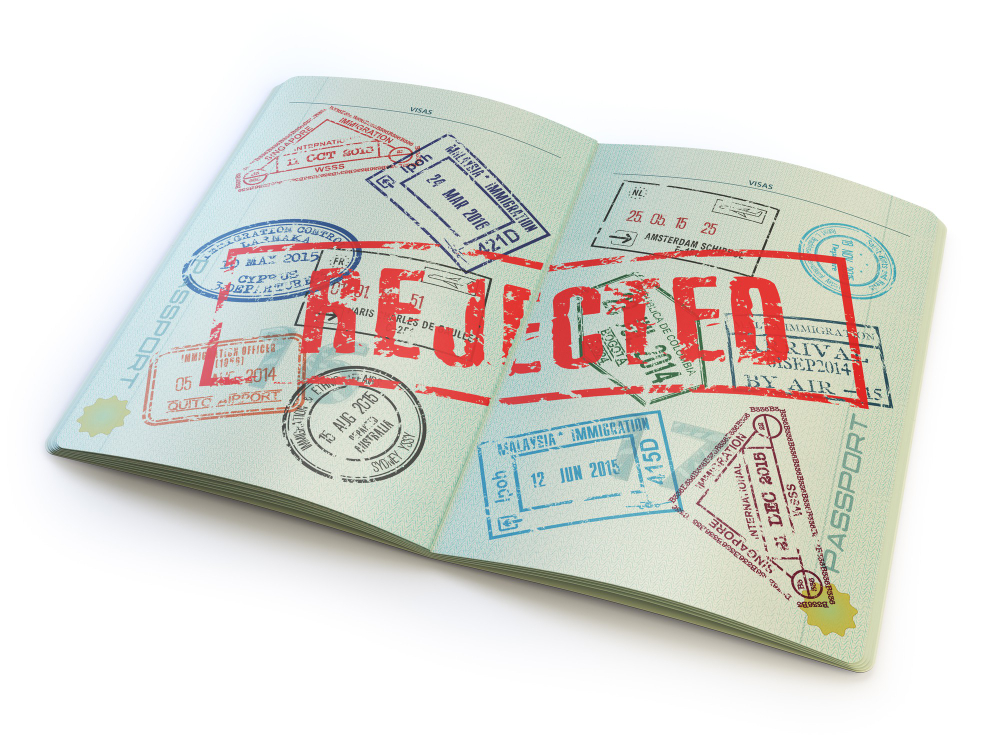EU Court Rules Belgium's Refusal of Student Visa to Cameroonian National Was Legal
Key Takeaways
1. The EU Court has upheld Belgium's decision to deny a student visa to a Cameroonian national, deeming it legal.
2. Belgium refused the visa, concluding that the applicant did not have a genuine intention to study in the country.
3. The EU Court stated that member states have the right to refuse student visas if they have valid reasons to do so.
In a recent ruling, the EU Court of Justice affirmed that Belgium's refusal to grant a student visa to a Cameroonian national was lawful. This decision came after the Cameroonian individual appealed the rejection, arguing that she intended to study in Belgium.
The Cameroonian applied for a student visa in August 2020, but Belgian authorities denied the application, suspecting she had other intentions for entering the country. Following the rejection, the applicant appealed to the Council of State, which referred the case to the EU Court for a final decision.
The EU Court of Justice stated that member states can refuse student visas if they conclude the applicant lacks a genuine intention to study.
"The purpose of studies does not preclude a Member State from rejecting an application for admission to its territory for study purposes where the third-country national has submitted that application without having a genuine intention of studying there." - EU Court of Justice
Additionally, the Court emphasized the EU law principle of preventing abusive practices, supporting Belgium's action.
"The prohibition of abusive practices is a general principle of EU law, the application of which is not subject to a requirement of transposition." - EU Court of Justice
Students Advised to Provide All Necessary Documents When Applying for a Student Visa
To avoid visa denials, students should ensure they submit all required documents. Besides the general documents for a Schengen visa, student visa applicants must provide an acceptance letter from the educational institution, proof of academic achievement, secured accommodation, sponsorship proof, and most importantly, evidence that their primary intention is to study in the member state.

